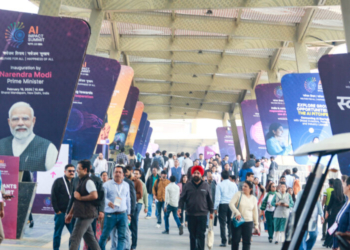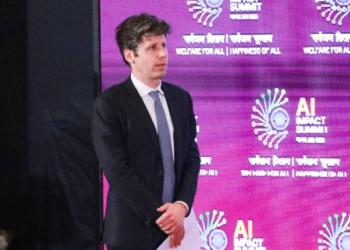New Delhi: The Indian data centre industry is likely to attract investments exceeding Rs 45,000 crore over the three fiscals till 2026 as growing demand for data and storage piques the interest of a diverse set of companies, a report showed on Wednesday.
Large enterprises are increasingly embracing cloud solutions, fuelling the surge in demand for data centres.
Furthermore, rising usage and adoption of over-the-top (OTT) platforms is driving up retail data consumption.
For context, mobile data traffic rose exponentially at a CAGR of 45 per cent over the last five years, according to the report by CRISIL Ratings.
Moreover, the launch of 5G services will amplify data consumption among retail users even further, as use cases unfold. All this data would have to finally be stored in data centres.
Additionally, there is enhanced regulatory emphasis on local storage of personal data, as stipulated by the Digital Personal Data Protection (DPDP) Act as well as through policies formulated by some of the sector regulators.
“To cater to this rising demand for data, the installed capacity of Indian data centres is expected to more than double and reach 1,700 MW2 by March 2026 from an estimated 780 MW as of March 2023,” said Manish Gupta, Senior Director and Deputy Chief Ratings Officer, CRISIL Ratings.
“This would require investment of Rs 45,000 crore. Investments would primarily be concentrated in a few cities such as Mumbai, the National Capital Region, Chennai, Hyderabad, and Pune, with Mumbai alone garnering about a third of these investments,” he added.
Mumbai remains the most preferred location because of availability of sub-sea cable landing stations, proximity to larger enterprises that help in reducing latency, and continuous availability of electricity.
“Given the strong demand prospects, data centre investments are being planned by a diverse set of players. These include not just well-established domestic and global data centre operators and private equity firms but also companies from sectors such as telecom, real estate, and engineering, procurement and construction,” the report said.
(IANS)
















